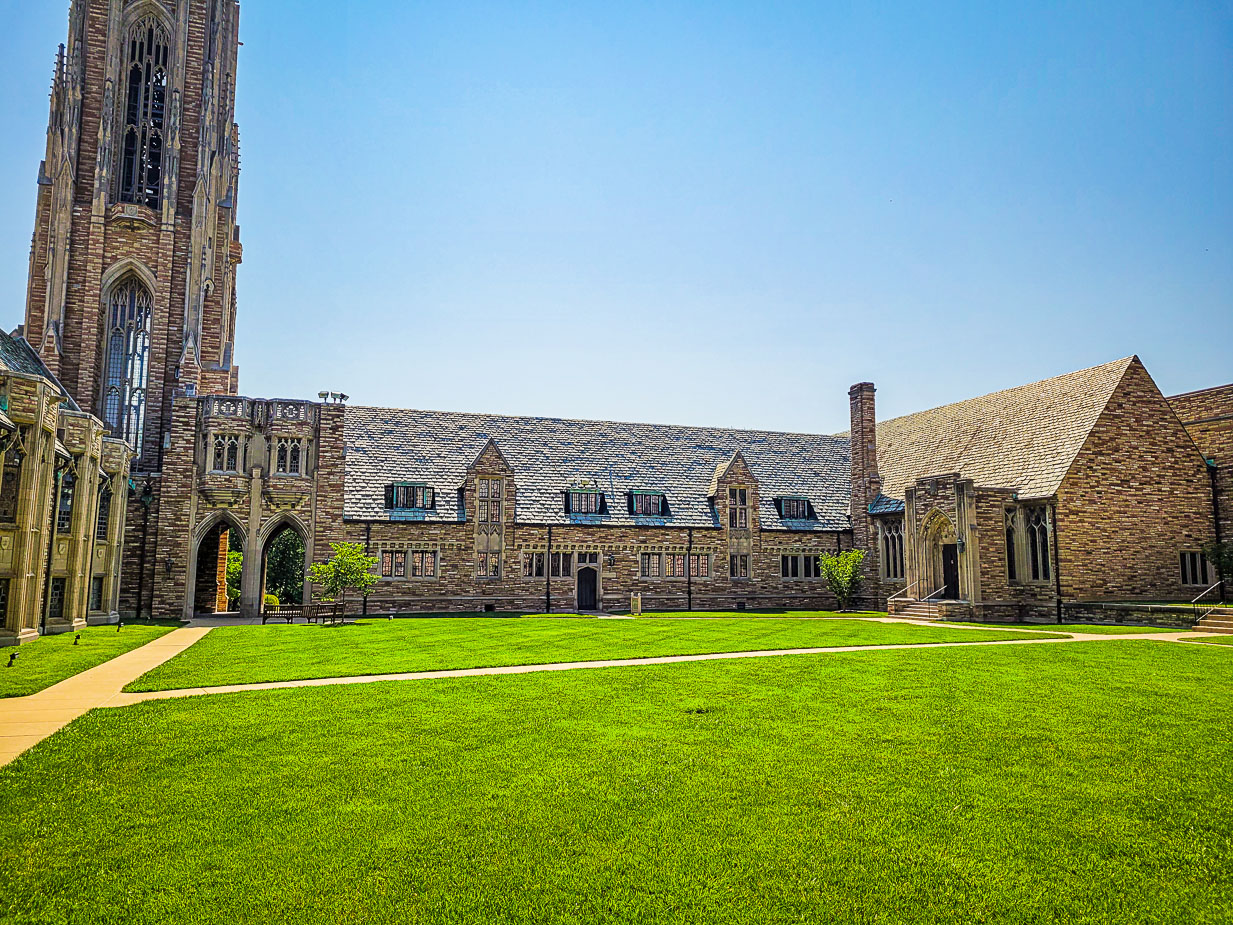

 ©LaBelleLife.com
©LaBelleLife.com
Chapter 47 (ESV) - The word of the LORD that came to Jeremiah the prophet concerning the Philistines, before Pharaoh struck down Gaza.
“Thus says the LORD:
Behold, waters are rising out of the north,
and shall become an overflowing torrent;
they shall overflow the land and all that fills it,
the city and those who dwell in it.
Men shall cry out,
and every inhabitant of the land shall wail.
At the noise of the stamping of the hoofs of his stallions,
at the rushing of his chariots, at the rumbling of their wheels,
the fathers look not back to their children,
so feeble are their hands,
because of the day that is coming to destroy
all the Philistines,
to cut off from Tyre and Sidon
every helper that remains.
For the LORD is destroying the Philistines,
the remnant of the coastland of Caphtor.
Baldness has come upon Gaza;
Ashkelon has perished.
O remnant of their valley,
how long will you gash yourselves?
Ah, sword of the LORD!
How long till you are quiet?
Put yourself into your scabbard;
rest and be still!
How can it be quiet
when the LORD has given it a charge?
Against Ashkelon and against the seashore
he has appointed it.”
Question to consider: What do we call this region today?
This section of Jeremiah continues to deal with the nations surrounding Judah which the LORD conquered with the sword of Babylon. It’s possible that the mention of Pharaoh striking down Gaza was a reference to 609 BC when Pharaoh Neco was on the way back to Egypt after the battle against Josiah at Megiddo.
This would leave the Philistines weakened, and Nebuchadnezzar would overwhelm them from the North like waters overflowing the banks of a river. The Philistines were long-time enemies of Judah, and the nations surrounding her either rejoiced when Jerusalem fell or helped to bring it about.
The scene was so horrific that the description is of men leaving their children behind as they fled in fear. Gaza is described as being bald, for the pagan women shaved their heads and cut themselves as a sign of mourning.
The fall of the Philistines helped leave Tyre and Sidon vulnerable to attack. Ezekiel 26 describes the fall of Tyre and Sidon. They were cities on the Mediterranean Sea which were known for their fabulous trade ships. Judah was essentially a gateway region to the East and made money merely for allowing the goods from Tyre safe passage.
The removal of Israel and Judah allowed Tyre free passage through the region, and so they had a financial incentive to let Babylon destroy Jerusalem. What they didn’t count on was that Babylon, the country to the East in which Tyre sold their cargo, would decide to take over their cities to own their trade routes. This would give them a monopoly on goods being traded to the East.
Jeremiah recognized that all of this was according to the LORD’s will and mighty hand. Like Jeremiah, we may ask when Christ will return to end the conflicts, sin, and death in this world. However, we know that every day He tarries is another opportunity for people to turn to Him for the forgiveness of their sins. This region may seem familiar to us since there is conflict between Israel and the Palestinians in that region today.
Dear heavenly Father, we pray for our neighbors in the Middle East to know Christ and find peace with You and one another through Him. Our world is overrun with conflict and slavery to sin. Praise be to Christ who sets us free from these things and justifies us before You. Amen.